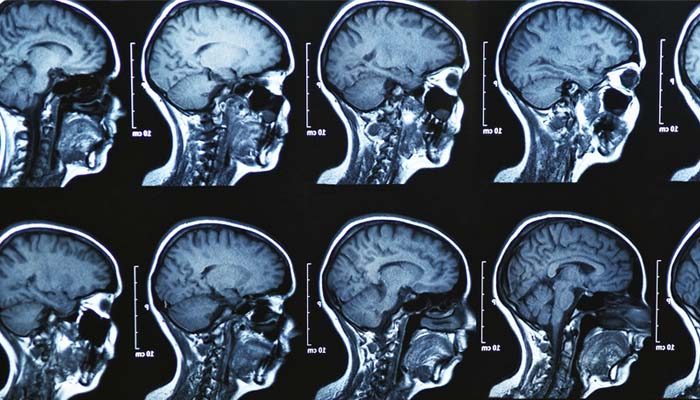Brain Tumor
What is a Brain Tumor?
A Brain Tumor is a mass of abnormal tissue growing in any part of the brain. Some brain cells multiply in an uncontrolled manner and form these tumours. These tumours can arise from any part of the brain, spinal cord or nerves and the growing mass can cause pressure on the normal brain and interfere with mental and bodily functions.
Treatment for Brain Tumor
Surgery is the usual treatment for most brain tumors. To remove a brain tumor, an opening is made in the skull. This operation is called a craniotomy. Whenever possible, attempts are made to remove the entire tumor. But if the tumor cannot be completely removed without damaging vital brain tissue, removal of as much tumor as possible is carried out. Partial removal helps to relieve symptoms by reducing pressure on the brain and reduces the amount of tumors to be treated by radiation therapy or chemotherapy.
When a Biopsy is required?
Some tumors cannot be removed therefore in such cases, only a biopsy is required. A small piece of the tumor is removed so that a pathologist can examine it under a microscope to determine the type of cells it contains. This helps to decide which treatment to use.

FAQ
Most frequent questions and answers Related to Brain Tumors
How Do I Know I Do Not Have a Brain Tumor?
It is true that sometimes we have illnesses we don’t know about because they have no clear warning signs. But with brain tumors, headaches and neurological deficits, generally, there are symptoms that provide clear warning signs and require a physician office visit. It is unlikely you have a brain tumor if you have normal concentration, memory, vision, balance, and hearing; if you have not experienced a dramatic change in personality; or are not weak on one side of your body.
What Kind of Headaches Should I Worry About?
If you experience a sudden, severe headache–the worst headache you’ve ever had in your life–you should go to an Emergency Room immediately. You could have a bleeding aneurysm caused by weakened blood vessels in your brain. This is a very serious condition. A headache that appears every morning and disappears later in the day may indicate a possible brain tumor.
If I Have a Brain Procedure Will You Shave My Head?
In general, it is not necessary to shave your entire head, although the area immediately around the incision must be shaved. If you have surgery scheduled, please feel free to consult your surgeon about this or any other question you might have.
When Do I Go if I Have Surgery?
It is best to arrive at the hospital one to two hours before your scheduled surgery.
What Do I Need to Bring With Me to Surgery?
Bring your x-rays and any other medical records you have. Your surgeon will instruct you if you need to bring any additional items.
How Long Will I Be in The Hospital?
It depends on what type of procedure you have. Usually, the physician provides you with that information prior to surgery.
How Long Will It Take to Heal?
The amount of time will depend on what type of surgery you have as well as your condition before surgery. Therefore, your physicians will review your treatment and recovery plan with you.
What Should I Expect in My Recovery?
Recovery time depends on the kind of procedure, the patient’s age, and health before the procedure. Also, you may have some tenderness around the area of the incision.


